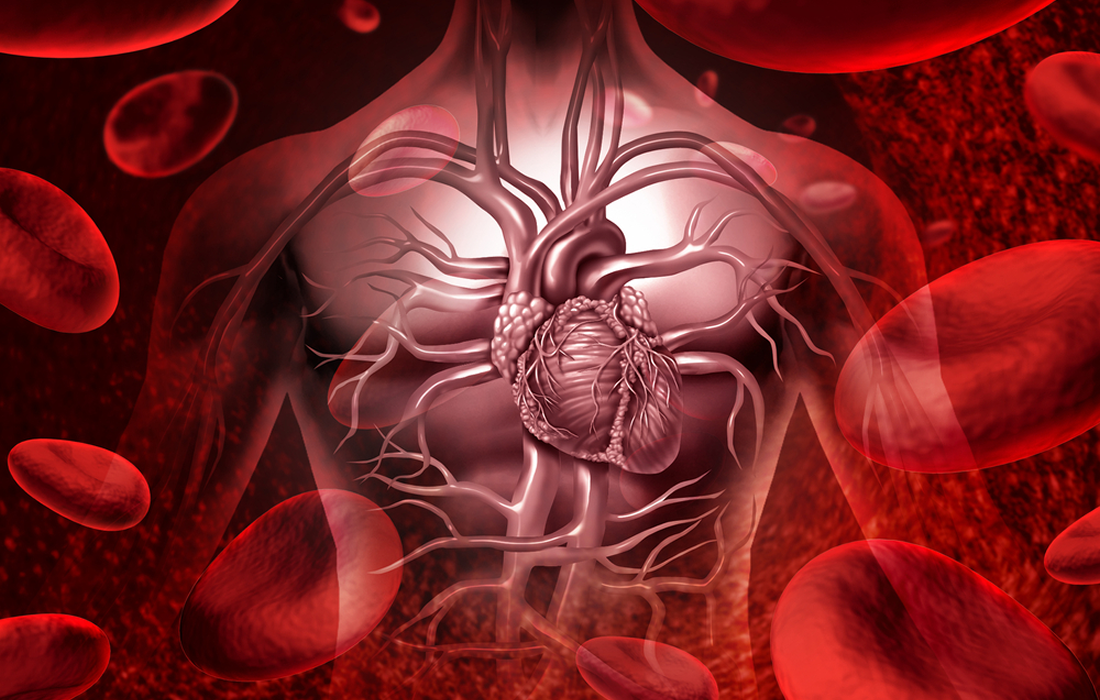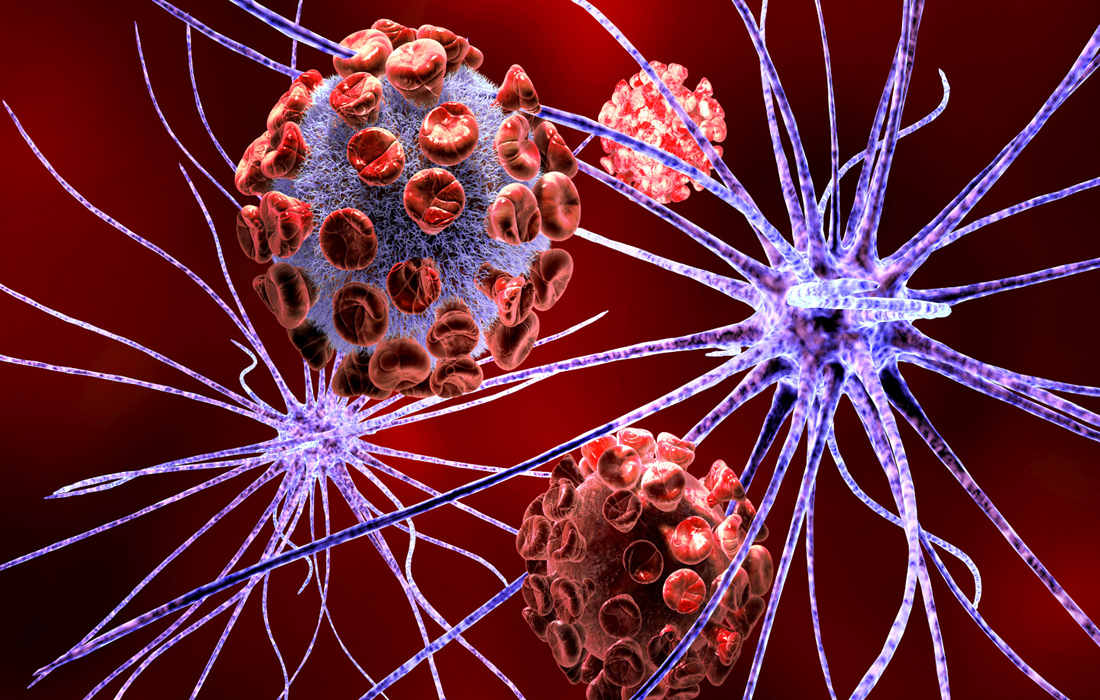Olive oil consumption has been shown to have health benefits, especially to lower cardiovascular disease risk, but its associations with total and cause-specific mortality are unclear. In a recently published study in the Journal of the American College of Cardiology, researchers evaluated whether olive oil intake is associated with total and cause-specific mortality in 2 […]
Monthly Archives: January 2022
The clinical manifestations of COVID-19 can range from mild, cold-like symptoms typically associated with respiratory tract infections, such as cough and fever, to severe pneumonia with respiratory failure. One of the common characteristics that sometimes differentiates COVID-19 from other respiratory diseases is the alteration of smell and/or taste. It mainly consists of a decrease or […]
Myocardial infarction (MI) results in irreversible loss of cardiomyocytes (CMs) and can often lead to heart failure. Due to the minimal regeneration capacity of the myocardium, novel therapeutic techniques are needed. Myocardial infarction is a leading cause of morbidity and mortality worldwide and is the main cause of heart failure. It can be caused by […]
There is substantial evidence implicating vitamin D (Vit-D) levels in the pathogenesis of cardiovascular risk factors such as diabetes, hypertension, hyperlipidemia, chronic kidney disease, and obesity. Studies have suggested that vitamin D may participate in pathways associated with atherosclerosis by influencing cellular growth, oxidative stress, membrane transport, cell adhesion, and gene regulation. According to the […]
Human ingestion of microplastics (MPs) is inevitable due to the ubiquity of MPs in various foods and drinking water. Whether the ingestion of MPs poses a substantial risk to human health is far from understood. Microplastics are fragments of any type of plastic less than 5 mm in length, according to the U.S. National Oceanic […]
Mesenchymal stem cells (MSCs) are multipotent cells that can be derived from different sources, including adult and fetal tissues. They can be derived from bone marrow, fatty tissue, cord blood, umbilical cord, placenta, amniotic fluid, synovium, and dental pulp. There are currently over 300 clinical trials evaluating MSCs therapeutic utility in a variety of diseases […]
Intermittent fasting (IF) has recently gained much public interest as a weight loss approach. It’s a unique dietary strategy defined as periods of eating alternated with periods of not eating (fasting). This dietary strategy focuses on when food is consumed and total quantity consumed and it works through an altered liver metabolism, referred to as […]
A new study published in The Journal of the Alzheimer’s Association by researchers from the UC San Francisco has found that when elderly people stay active, their brains have more of a class of proteins that enhances the connections between neurons to maintain healthy cognition. Physical activity is widely recommended for age-related brain health, yet […]
What is Multiple System Atrophy? Multiple system atrophy (MSA) is a rare, degenerative neurological disorder affecting your body’s involuntary (autonomic) functions, including blood pressure, breathing, bladder function, and motor control. Formerly called Shy-Drager syndrome, olivopontocerebellar atrophy, or striatonigral degeneration, MSA shares many Parkinson’s disease-like symptoms, such as slow movement, rigid muscles, and poor balance. Is […]
Influenza is a viral infection that attacks your respiratory system — your nose, throat, and lungs. Influenza is commonly called the flu, but it’s not the same as stomach “flu” viruses that cause diarrhea and vomiting. For most people, the flu resolves on its own. But sometimes, influenza and its complications can be deadly. People […]










